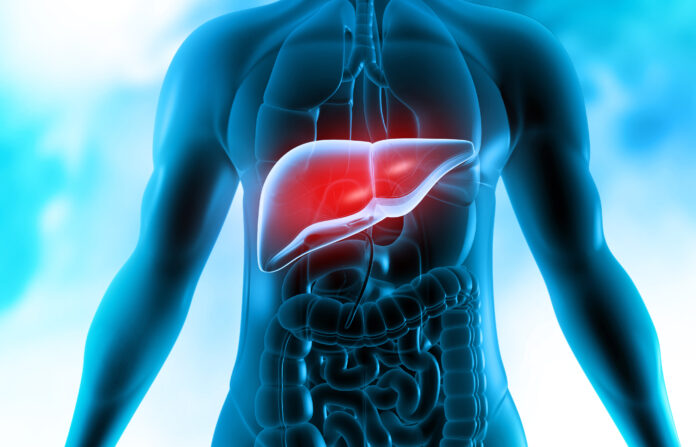
Scientists at the German Cancer Research Center (DKFZ) sought to determine the role of gastrointestinal B cells in the development of nonalcoholic steatohepatitis (NASH), fibrosis, and NASH-induced HCC. They discovered B cells promote liver cancer with a dual strategy.
Their findings are published in the Journal of Hepatology.
“Worldwide, fatty liver and NASH are assuming pandemic proportions,” said Mathias Heikenwälder, PhD, a group leader at the German Cancer Research Center.
The B cells exert their disastrous influence on the liver in two ways: In the small intestine, they instigate T cells to behave autoaggressively via direct cell-cell contacts. The researchers were also able to reproduce this in the culture dish when they brought B cells from NASH mice together with CD8 T cells from a healthy animal, which were thereby activated to autoaggressive behavior.
In addition, the immunoglobulin A (IgA) produced by the B cells activates another group of immune cells, macrophages, which carry special IgA receptors on their surface. The activated macrophages aggravate fibrotic changes in the liver. If the B cells are switched off with a specific antibody in the NASH-afflicted animals, both the inflammation driven by the autoreactive T cells and the fibrosis regress.
Heikenwälder’s team also examined tissue samples from people who had undergone bariatric surgery. The findings strongly resembled those of mice suffering from NASH: Compared with healthy individuals, the tissue from NASH patients contained significantly more B cells, higher IgA levels, and a higher number of activated macrophages.
“The results clearly show us that B cells, as well as IgA, are required to drive the pathological cascade in the development of liver cancer,” Heikenwälder summarized.













